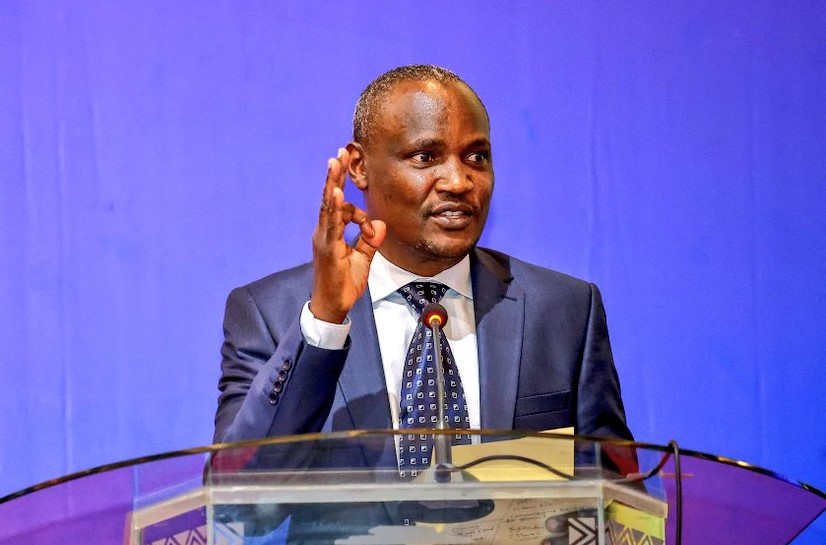Treasury Cabinet Secretary John Mbadi has strongly defended the government’s decision to securitise a portion of the fuel levy, saying the process is lawful, transparent, and necessary for reviving stalled infrastructure projects.
Speaking at an event in Nairobi, Mbadi dismissed criticism from Kiharu MP and former Budget Committee Chair Ndindi Nyoro, who had accused the government of bypassing Parliament in its plan to borrow Sh175 billion against the levy.
“There is nothing, nothing at all secret about securitisation. Everybody knows it. Where does he live if he doesn’t know we were securitising this money? We will continue doing it, and we have no apologies to make,” Mbadi asserted.
He clarified that the original Sh18 per litre fuel levy remains untouched and continues to be directed toward road maintenance. However, an additional Sh7 levy has been channelled toward unlocking stalled road projects by settling pending payments owed to contractors.
“We had a choice, either continue pouring that money into murram roads that are swept away every rainy season or use it to revive major road projects. Contractors had downed their tools because we owed them about Sh130 billion,” Mbadi explained.
So far, the securitisation strategy has raised over Sh60 billion, with a target of Sh175 billion. Combined with the regular annual allocation of Sh57 billion, Mbadi said the funds will help clear all pending bills within three years.
His remarks were echoed by Roads and Transport Cabinet Secretary Davis Chirchir, who maintained the process is above board and in line with legal and financial protocols.
“All statutory requirements were fulfilled, and the process underwent due diligence, approvals, and oversight by the National Treasury and the Attorney General’s office,” Chirchir stated.
He added that the Kenya Roads Board, the implementing agency, is ready to engage openly with Parliament, media, and the public to explain the financing model.
However, Nyoro has insisted the borrowing is not reflected in official debt records and was done without public disclosure, raising concerns over legality and long-term fiscal responsibility.

